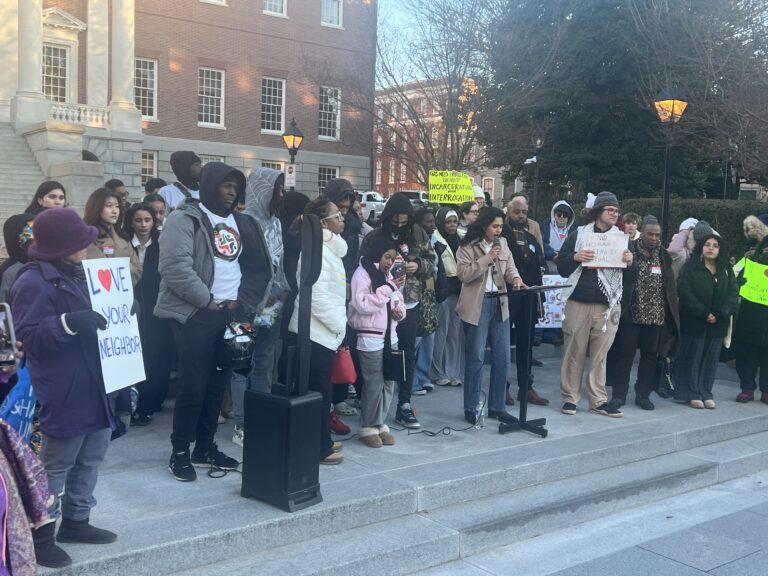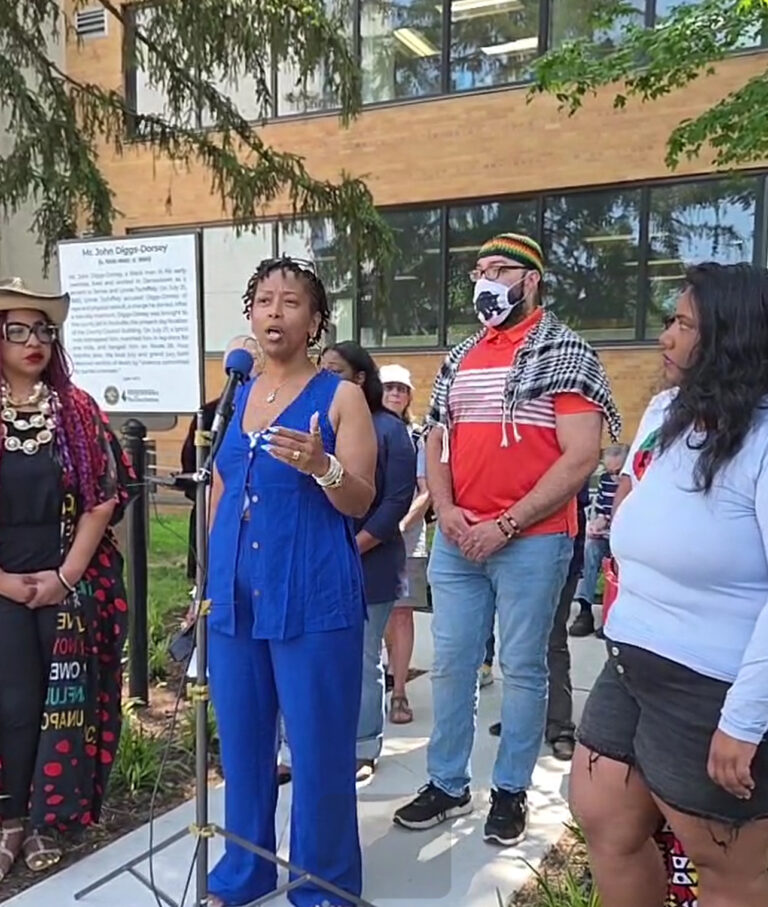Federal Commission on School Safety Releases Comprehensive Resource Guide for Keeping Students, Teachers Safe at School
WASHINGTON—After months of research, visiting successful programs around the nation, and receiving testimony from experts and concerned citizens, today the Federal Commission on School Safety (Commission) released a 177-page report detailing 93 best practices and policy recommendations for improving safety at schools across the country.
Utilizing the information gathered, the Commission report offers a holistic approach to improving school safety, ranging from supporting the social and emotional well-being of students to enhancing physical building security. Acknowledging there can be no one-size-fits-all solution to this complex problem, the final report serves as a resource guide for families, educators, law enforcement officers, health professionals, and elected leaders to use as they consider the best ways to prevent, mitigate, and recover from acts of violence in schools. The recommendations are based on efforts that are already working in states and local communities.
“Each of us has an important role to play in keeping our students safe while at school,” said Chair of the Federal Commission on School Safety and U.S. Secretary of Education Betsy DeVos. “Through the Commission’s work, it has become even clearer there is no single policy that will make our schools safer. What will work for schools in Montana will be different than what will work for schools in Manhattan. With that in mind, this report provides a wide-ranging menu of best practices and resources that all state, community, and school leaders should consider while developing school safety plans and procedures that will work for their students and teachers.”
Acting Attorney General Matthew G. Whitaker said, “The Trump administration is taking action to prevent and deter violence in our schools. The Department of Justice is already directing funding to hire school resource officers, improving our background check systems, and prosecuting violent offenders at record levels. Today’s report provides a substantive blueprint for this Administration’s next steps to protect our young people. The Department of Justice will continue to support first responders and provide training for law enforcement officers and school personnel. I want to thank all of my fellow commissioners for their hard work on this report and thank the President for making our kids a priority.”
U.S. Secretary of Health and Human Services Alex Azar added, “Improving Americans’ mental health to help make our schools, communities, and families safer and healthier is an urgent challenge and a priority for the Trump Administration. We know that rates of mental illness continue to be of great concern, and the Commission’s findings show an urgent need to identify youth at risk for mental illness and connect them with needed treatment and services. Making these connections to treatment within schools can be an important step toward improved mental health for our children and increased safety in our schools.”
Secretary of Homeland Security Kirstjen M. Nielsen said, “I am proud of the work of the Federal Commission on School Safety, which today offers a bold vision of secure and violence-free schools. This report provides actionable recommendations for communities, schools, and students to protect themselves and prevent acts of violence. The Department of Homeland Security is committed to the security of all Americans and will continue to work with our partners toward ending school violence.”
COMMISSION BACKGROUND
In the wake of the tragic shooting at Marjory Stoneman Douglas High School in February, President Donald J. Trump established the Commission and tasked its members with studying and recommending ways to make our nation’s schools more secure.
Over the nine months that followed, the Commissioners, including U.S. Secretary of Education Betsy DeVos, Acting Attorney General Matthew Whitaker (who succeeded former Attorney General Jeff Sessions as a Commissioner), Secretary of Health and Human Services Alex Azar, and Secretary of Homeland Security Kirstjen Nielsen, held more than a dozen meetings, field visits, and listening sessions.
Commission meetings provided a forum for presentations from subject matter experts, educators, law enforcement officials, and individuals affected by school violence. Field visits involved travel to schools to learn first-hand about current best practices in school safety. Listening sessions occurred in regions across the country and provided opportunities for the public to offer recommendations to the Commission. In total, the Commissioners heard from dozens of experts from nearly 40 states and reviewed more than 1,500 comments from the public via safety@ed.gov.
REPORT OVERVIEW
The Federal Commission on School Safety Report contains 19 chapters divided into three sections based on well-established phases of security planning:
PREVENT
- Character Development and a Culture of Connectedness
- Cyberbullying and School Safety
- Curating a Healthier and Safer Approach: Issues of Mental Health and Counseling for Our Young
- Integrating Mental Health, Primary Care, Family Services, and Court-Ordered Treatment
- Using Suspicious Activity Reporting and Threat Assessments to Enhance School Safety
- Effects of Press Coverage of Mass Shootings
- Violent Entertainment and Rating Systems
- The Obama Administration’s “Rethink School Discipline” Guidance
- The Effectiveness and Appropriateness of Psychotropic Medication for Treatment of Troubled Youth
- The Efficacy of Age Restrictions for Firearm Purchases
- Extreme Risk Protection Order Laws
- Improvements to the FBI’s Public Access Line
PROTECT & MITIGATE
- Training School Personnel to Help Ensure Student Safety
- Emergency and Crisis Training for Law Enforcement
- The Transition of Military Veterans and Retired Law Enforcement Officials into New Careers in Education
- Best Practices for School Building Security
- The Family Educational Rights and Privacy Act and Other Statutory and Regulatory Privacy Protections
- The Health Insurance Portability and Accountability Act (HIPAA) and Other Statutory and Regulatory Privacy Protections
RESPOND & RECOVER
- Active Shooter Preparedness and Mitigation
To view the report in its entirety, click here.
For additional information on the field visits, listening sessions, roundtables and other resources used to produce the report, please visit the school safety website.
|






